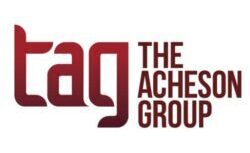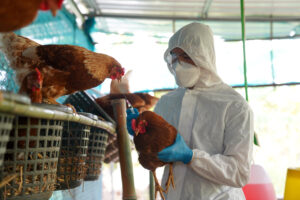FDA inspections can uncover issues of which the facility was unaware. Are you prepared to deal with a 483? If an FDA investigator observes any noncompliances or collects a sample that tests positive, you are likely to have less time to take corrective action and/or recall product than ever before. The agency is acting much faster than it used to, often pushing firms to act quickly or risk FDA taking it public with a Warning Letter or mandated recall or simply making a public health announcement naming your product as a cause for concern. But even with the increased speed, there are some who believe FDA should be moving still faster. What is driving this and what do you need to be doing? First of all, the discussion is not new, but consumer-advocate pushback on what has been seen as delays in FDA/CDC announcements of outbreaks and/or recalls has brought it back to the forefront, and it is bringing old cases back into the spotlight. One example is that of the 2017 I.M. SoyNut Butter case, for which settlements were just reached in the last cases of the outbreak, though victims continue to deal with effects. As one stated, “If I had heard about the problem even one week earlier … life today would be very different.” Thus, the issue, as explained in a Politico.comarticle, was that nine days elapsed between the source of the contamination being pinpointed and the manufacturer beginning its recall. While this timeframe was an improvement over previous recalls, some felt that FDA should have used its FSMA-given authority to mandate an immediate recall. Additionally, the article stated the case as being “emblematic of persistent weaknesses in the nation’s food-safety system, some of which haven’t been corrected for two years after being flagged by the agency’s inspector general.” What is critical to note here is that nine days is seen as a lengthy time. While a day certainly can make a difference for those who consume a product before they hear of an outbreak or recall, anyone who operates a food plant – or is anywhere along the supply chain – knows that nine days is not a lot of time for determining the root cause of a contamination, even one determined to be within a particular facility. Say an FDA investigator uncovers noncompliance in your plant and issues a 483. You have 15 business days to provide your initial response addressing the observations and providing solutions/corrective action. Meanwhile, the 483 is reviewed by a higher FDA official. If that official feels that a serious violation exists, a warning letter may be issued. Although the plant again has 15 days to respond, warning letters are immediately posted to FDA’s website and enforcement action can be taken if the issue is not promptly corrected. In either case, a recall may be needed if the observation or citation could have impacted food already on the market. There’s no doubt that time is critical in protecting consumers from contaminated food, but it also takes time to determine the root cause of an issue and the extent of its impact – whether it be that of an outbreak or a 483 notice – to determine the proper action and correction. Is 15 business days too long? Perhaps. But if we assume that the majority of the industry is trying to do the right thing, we also can assume that the majority did not know they had an issue until FDA caught it. In that case, 15 days can be just a blip in time, while everyone rushes around trying to determine the cause, the corrective action, and the proper procedures for and accurate extent of a recall, if needed. From all this, I would guess you can now answer the second part of the opening question yourself: What do you need to be doing? You need to be prepared; you need to be recall ready because FDA has quickened its pace. Whether it’s in response to consumer advocates; due to new, better technologies (e.g., WGS); or simply to improve its own response time, FDA is acting faster than ever before, meaning you will be pushed to act faster than ever before. Are you prepared? Give TAG a call, we can provide a risk assessment, mock inspection, and recall and crisis management services, or help through a webinar on how to prepare for a visit from the FDA, to help ensure you are up to the challenge. About The Acheson Group (TAG): Led by Former FDA Associate Commissioner for Foods Dr. David Acheson, TAG is a food safety consulting group that provides guidance and expertise worldwide for companies throughout the food supply chain. With in-depth industry knowledge combined with real-world experience, TAG’s team of food safety experts help companies more effectively mitigate risk, improve operational efficiencies, and ensure regulatory and standards compliance. www.AchesonGroup.com






